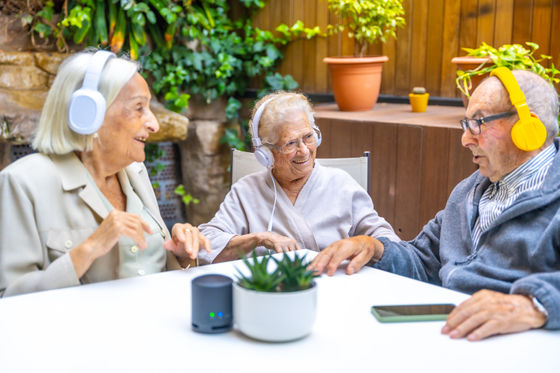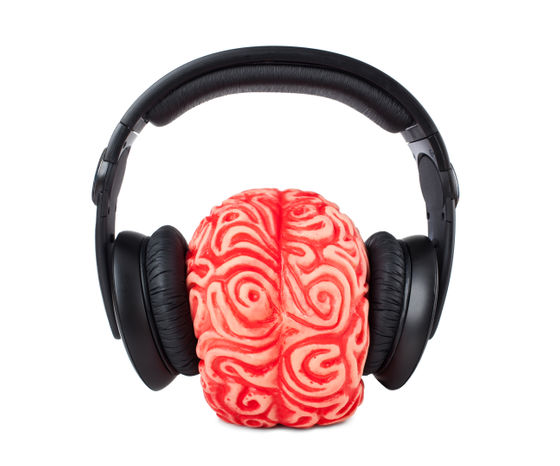Music has the power to repair brain cells and slow the progression of dementia

Many people listen to music in their daily lives because music has the effect of elevating mood and inducing peaceful sleep. In the medical field,
Music and dementia: researchers are still making discoveries about how songs can help sufferers
https://theconversation.com/music-and-dementia-researchers-are-still-making-discoveries-about-how-songs-can-help-sufferers-239446
A Finnish study conducted in 2012 found that various areas of the brain are involved in processing music, including the limbic system, which processes emotions and memories, the cognitive areas involved in perception and learning, and the motor areas responsible for voluntary movement. This changed the preconception at the time that music was processed in a small area of the brain, and helped shed light on why music has such unique neurological effects.
Since then, numerous studies have shown that music can help regenerate the brain and its connections. Music's ability to repair and strengthen brain cells and neural connections is particularly important for people with dementia, whose main cause is brain cell death.

According to Ming Hun Siu and Rebecca Atkinson, researchers in music therapy at Anglia Ruskin University in the UK, not just any music can regenerate the brain.
Familiar and favorite songs have the greatest impact on listeners' moods because listening to your favorite music releases feel-good hormones.
This mechanism may also be relevant to Alzheimer's disease and other dementias. A 2018
The benefits of music are also being used to treat ' sunset syndrome ,' a condition in which anxiety, confusion and aggressive behaviour worsens in elderly people with dementia as the evening progresses.

Additionally, a 2024
'Our results suggest that music can stimulate movement, emotions and memory recall, and that it can also stimulate memory in a variety of ways,' said Ming and colleagues.

Trials are also underway on music training programs to support people with dementia, and the results are promising, with participants showing improved 'executive function' such as problem-solving, emotion regulation and attention compared to those who just exercise.
Regarding these findings, Min et al. stated, 'It is likely that music will continue to be a useful medical treatment for dementia patients in the future. In that case, it will be important that music be chosen by the patient themselves, and that it be combined with other therapies, such as self-care to slow the progression of dementia and control symptoms, and taking medications to support health.'
◆ Forum is currently open
A forum related to this article has been set up on the official GIGAZINE Discord server . Anyone can post freely, so please feel free to comment! If you do not have a Discord account, please refer to the account creation procedure explanation article to create an account!
• Discord | 'How often do you actively listen to music?' | GIGAZINE
https://discord.com/channels/1037961069903216680/1296404416093491251
Related Posts:
in Science, Posted by log1l_ks







